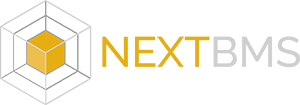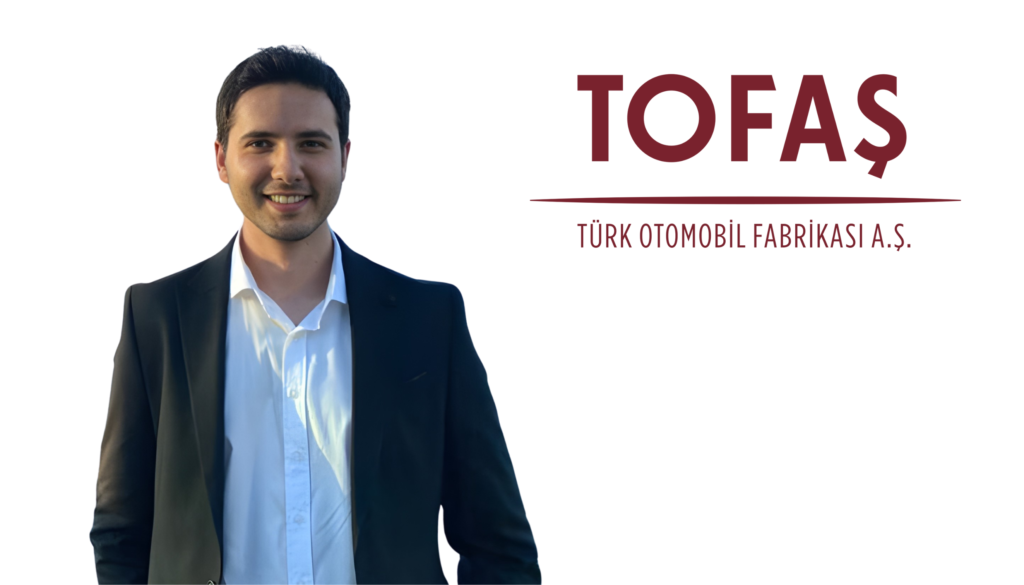Get to know Aytuğ Çakır from TOFAŞ
Aytuğ is an electrical & electronics engineer who graduated from İzmir Dokuz Eylül University in Turkey in 2021. During his university years, he focused mainly on projects related to microelectronics. However, after graduation, he decided to broaden his expertise and pursue a career in the automotive sector, driven by his interest in electric vehicles.
For over two and a half years, Aytuğ has been working as an electrified powertrain component specialist at TOFAŞ, one of the largest automotive companies in Turkey. In his role, he has been involved in various European Union HORIZON projects and a national TUBITAK project within TOFAŞ’s R&D department. Aytuğ’s work in advanced research projects covers a wide range of areas, including the development of control unit software for electric vehicles, defining requirements and specifications, and integrating electric vehicle components into the overall vehicle system. He is also involved in commissioning, testing, and validation activities.
One of Aytuğ’s main objectives is to stay updated with emerging trends in the field. As part of his team’s roadmap, gaining expertise in the high voltage battery pack, a critical component of electric vehicles, is of great importance. To achieve this, he and his team joined the NEXTBMS project as a partner, focusing on advanced battery management systems (BMS). Aytuğ serves as the primary contact for the project at TOFAŞ, leading the technical studies on the company’s behalf.
What was your original motivation to become a researcher/project manager?
“Advanced research projects are always an area that allows an individual to improve themselves technically. There are many research and development activities specifically for electric vehicles. Indeed, following and working on trending studies is a part of our job. As R&D, one of our most important motivations is to take part in such European Union projects as part of our job and improve ourselves technically. With this role, I also aim to gain experience and develop in different areas.”
What is your (main) research area today?
“Our main research areas are electric vehicles and their components. All developments on components from a technical perspective are in our scope. We follow studies on many topics such as battery pack cell chemistries, advanced battery management systems, integrated power electronic components, energy efficiency, charging methods etc.”
What is the main focus of your team in NEXTBMS?
“In the NEXTBMS project, as the team, we are working on automotive use cases, providing requirements, providing load use-cases (current profiles) from our prototype electric vehicles that we currently use, contributing to calibration phase to verify the simulator platform to be developed in the project, and providing real-time data from our existing prototype electric vehicles. Therefore, the studies I mentioned are our main focus areas in this project.”
Could you describe your favourite moment/satisfaction when working for the project and – more in general – for your organisation?
“Usually, finishing a project successfully is one of the most satisfying moments for me. One of those was the moment when I successfully completed the EVCU project, which is a TUBITAK project. In this project, we designed an electric vehicle control unit and firstly we tried it on the test bench and then on one of our existing electric vehicles. This project, which we successfully completed, contributed to my development and gave me great satisfaction with the contribution to the institution I worked for.”
How do you expect NEXTBMS results will affect your organisation and the energy storage sector?
“The battery management system to be developed in NEXTBMS includes technologies that can find solutions to the issues that are currently lacked. Therefore, I think it will definitely contribute positively to the energy storage sector. In addition, as TOFAŞ, our goal is to improve ourselves on trending topics and to master detailed studies on the battery management system. I think the project results will be suitable for our purpose and as TOFAŞ, we can use these results to shape our roadmaps.”


